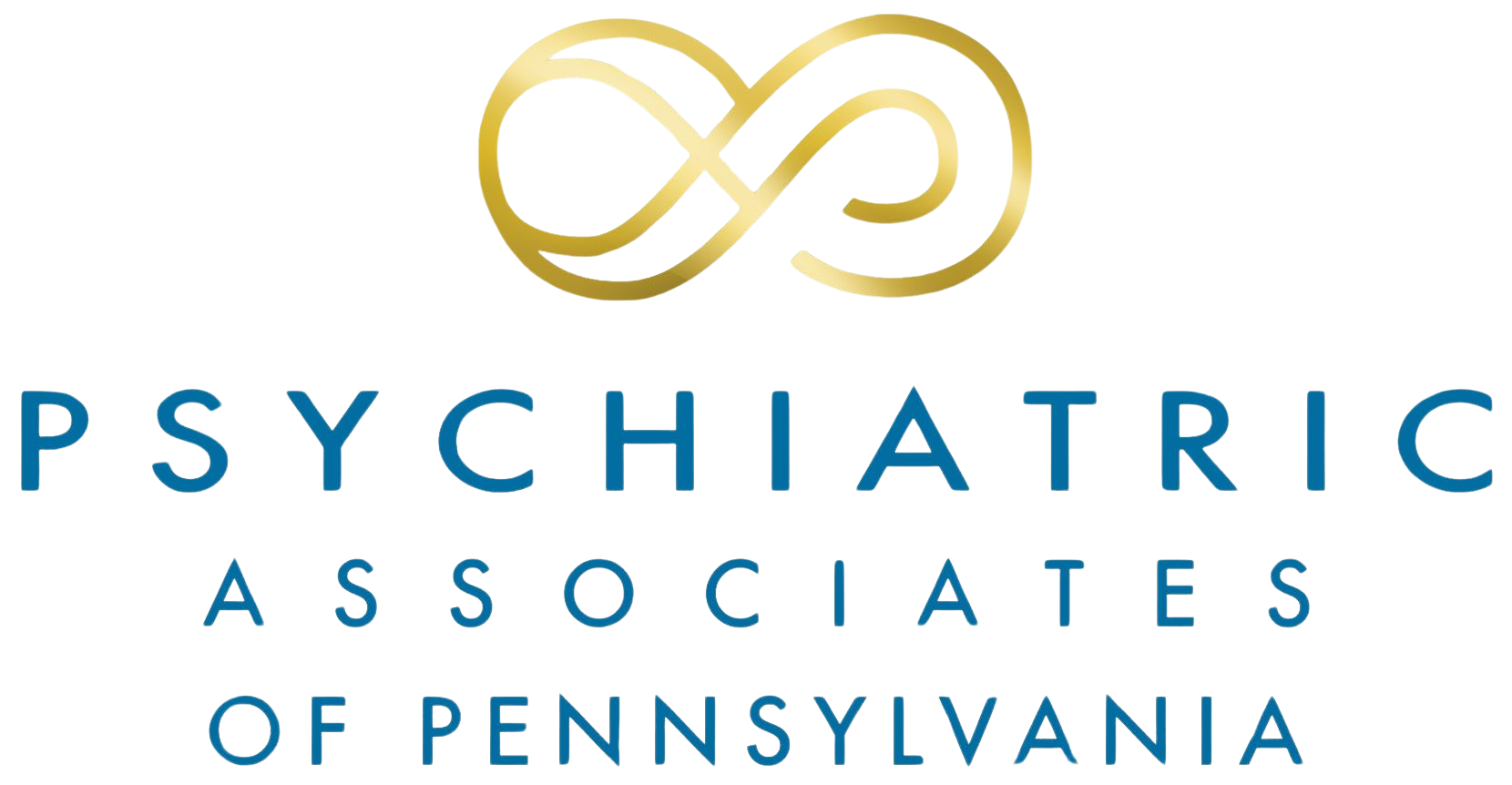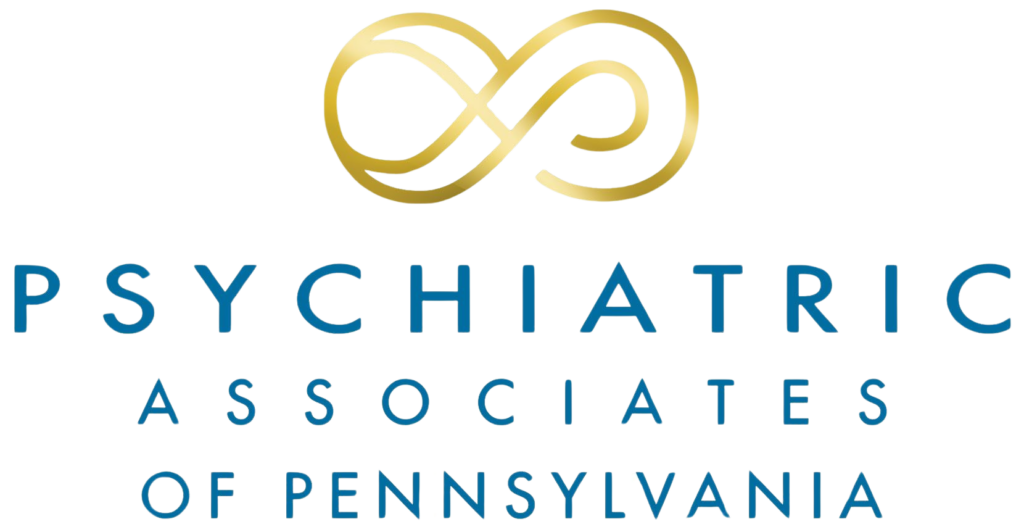What are psychoeducational assessments?
Psychoeducational assessments are comprehensive evaluations conducted by a psychologist to assess an individual’s cognitive abilities, academic skills, and socio-emotional functioning. These assessments are commonly used in educational settings to understand a person’s learning strengths and weaknesses, identify learning disabilities or developmental disorders, and develop appropriate educational interventions. Psychiatric Associates of Pennsylvania offers a variety of educational assessment and testing for children and adults of all ages.
What to expect
Does your child learn differently than others? Has your child struggled academically or socially in school and/or work? Do you want to know how to best tailor your child’s academics to address their strengths and weaknesses? Do you feel your child is gifted, or have you been curious about their IQ? Formal psychological evaluations can help.
Evaluations focus on cognitive, academic, social, behavioral, and emotional factors to investigate strengths and weaknesses, to better understand why the child or adolescent is experiencing challenges. We will also provide recommendations to address relevant concerns. Evaluations can determine the presence of learning disabilities, Attention Deficit / Hyperactivity Disorder (ADHD), problems with executive functioning, developmental problems, memory problems, language disorders, social issues, and other issues.
A psychoeducational assessment typically involves multiple components, including standardized tests, interviews, observations, and review of relevant records. Here are some key areas that may be assessed:
- Identifying Learning and Developmental Needs: Psychoeducational assessments can identify specific learning disabilities, cognitive strengths and weaknesses, or developmental disorders that may be impacting your child’s academic performance or overall functioning. This knowledge allows for early intervention and appropriate support to address these needs effectively.
- Tailoring Educational Interventions: The assessment results provide a clear understanding of your child’s learning style, cognitive abilities, and academic skills. This information enables educators and specialists to design targeted interventions and accommodations that align with your child’s unique needs and optimize their learning potential.
- Individualized Education Plan (IEP) Development: Psychoeducational assessments are often a crucial component in the development of an Individualized Education Plan (IEP). An IEP outlines specific goals, accommodations, and services tailored to your child’s needs, ensuring they receive appropriate support and access to education.
- Informing Instructional Strategies: Assessment results can guide teachers in selecting instructional strategies that are best suited to your child’s learning style and abilities. This allows for differentiated instruction, ensuring that teaching methods are tailored to meet your child’s specific needs and maximize their learning outcomes.
- Building Self-Awareness and Self-Esteem: Understanding one’s strengths and weaknesses can empower your child with self-awareness and enhance their self-esteem. Psychoeducational assessments can help them recognize their unique abilities, providing a foundation for developing resilience, self-advocacy skills, and a positive attitude towards learning.
- Accessing Support Services: Psychoeducational assessments can serve as a gateway to accessing various support services within the educational system. Depending on the assessment results, your child may be eligible for accommodations, resource support, specialized instruction, or related services that can further enhance their educational experience.
- Guiding Parental Support: Assessment results provide parents with valuable information about their child’s learning profile. This understanding can guide parents in providing targeted support at home, advocating for their child’s needs, and collaborating effectively with educators and professionals to ensure a consistent and supportive learning environment.
Neurodivergence refers to the natural variations in neurological functioning and cognitive processing that are different from what is considered “typical” or “neurotypical.” Neurodivergent individuals may have conditions such as autism spectrum disorder (ASD), attention deficit hyperactivity disorder (ADHD), dyslexia, dyspraxia, or other developmental or learning differences. The impact of neurodivergence on a child can vary depending on the specific condition and its severity, as well as individual strengths and support systems. Here are some common ways neurodivergence can impact a child:
- Social Interaction and Communication: Neurodivergent children may experience challenges in social interaction and communication. For example, those with ASD may struggle with social cues, nonverbal communication, and building relationships. Difficulties in socializing can impact peer interactions, friendships, and overall social integration.
- Learning and Academic Performance: Neurodivergent children often face unique learning challenges. They may have difficulties with attention, executive functioning, memory, processing speed, or specific academic skills such as reading, writing, or math. These challenges can impact academic performance and may require tailored educational strategies, accommodations, or specialized interventions.
- Sensory Sensitivities: Many neurodivergent individuals have heightened or reduced sensitivities to sensory stimuli. They may be particularly sensitive to sounds, lights, textures, or smells, leading to sensory overload or discomfort. Sensory sensitivities can impact a child’s ability to focus, engage in activities, or navigate sensory-rich environments.
- Emotional Regulation and Mental Health: Neurodivergent children may experience challenges with emotional regulation and mental health. They may have difficulty managing emotions, expressing feelings, or understanding social-emotional cues. This can contribute to anxiety, depression, behavioral challenges, or other mental health concerns that require appropriate support and interventions.
- Unique Strengths and Abilities: Neurodivergence is not solely characterized by challenges; many individuals also possess unique strengths and abilities. Some neurodivergent children demonstrate exceptional attention to detail, problem-solving skills, creativity, or specialized knowledge in specific areas of interest. Recognizing and nurturing these strengths can contribute to their overall well-being and success.
- Individuality and Identity: Neurodivergent children may develop a distinct sense of identity and self-understanding. They may navigate the world differently from their neurotypical peers and may face challenges related to acceptance, stigma, or misunderstanding. However, embracing neurodivergence as part of their identity can foster self-acceptance, advocacy, and a sense of belonging within neurodiverse communities.
It’s important to note that the impact of neurodivergence can vary widely among individuals. Each child is unique, and their experiences and needs will be influenced by factors such as the specific neurodivergent condition, its severity, available support systems, and individual strengths and abilities. Providing a supportive and inclusive environment, tailored interventions, and access to appropriate resources and services can help neurodivergent children thrive and reach their full potential. Psychoeducational assessments can be a critical to understanding your child to help you and your child’s teachers to provide educational accommodations, interventions, or support services to best support their strengths and weaknesses.
- Cognitive Abilities: Assessments such as intelligence tests (e.g., Wechsler Intelligence Scale for Children, Stanford-Binet Intelligence Scales) measure intellectual functioning, including verbal comprehension, perceptual reasoning, working memory, and processing speed.
- Academic Skills: Tests are administered to evaluate reading, writing, mathematics, and other academic abilities. These assessments help identify specific learning difficulties, such as dyslexia, dysgraphia, or dyscalculia.
- Attention and Executive Functioning: Assessments explore attention span, concentration, and executive functions such as planning, organization, problem-solving, and impulse control. Attention deficit hyperactivity disorder (ADHD) assessments often involve rating scales, behavioral observations, and cognitive tests.
- Social and Emotional Functioning: Evaluations may include questionnaires, interviews, and behavioral observations to assess emotional well-being, social skills, adaptive functioning, and mental health concerns like anxiety or depression.
- Behavioral and Adaptive Functioning: Assessments may include rating scales, checklists, and interviews to evaluate behavioral patterns, adaptive skills, and daily functioning across different environments.
Once the assessment is completed, a detailed report is typically provided, outlining the individual’s strengths, weaknesses, and specific recommendations for educational accommodations, interventions, or support services. This information helps educators, parents, and professionals develop appropriate strategies and interventions tailored to the individual’s needs.
















